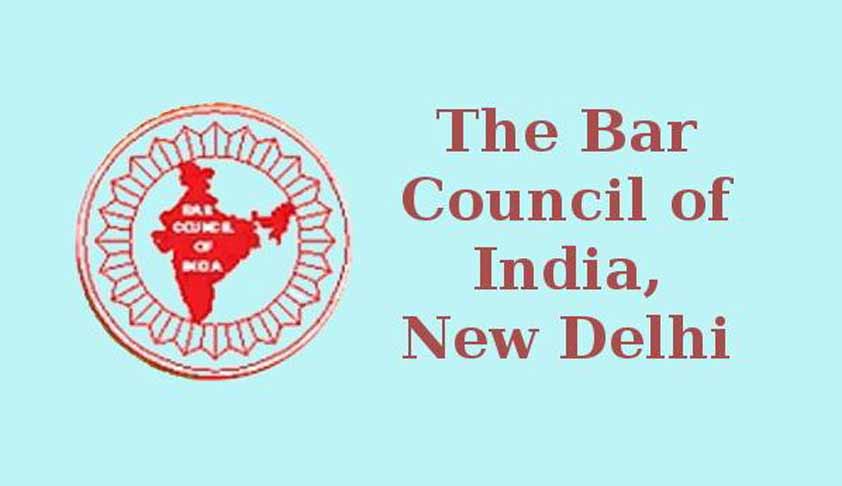The new Certificate of Practice and Renewal Rules, 2014, as released by the Bar Council of India, disallow fresh lawyers from practicing in the Supreme Court. According to these rules, they will have to spend two years in a trial court and three years in High Court before they become eligible to practice in the Supreme Court.Addressing several issues which have put the legal profession under...

